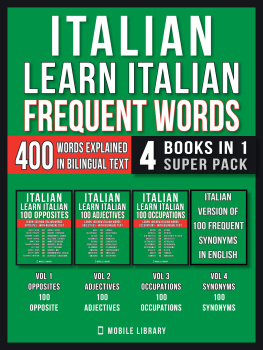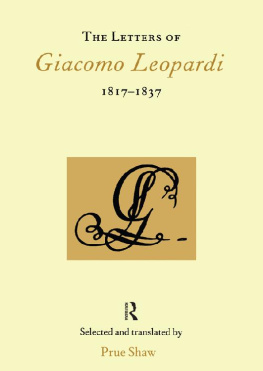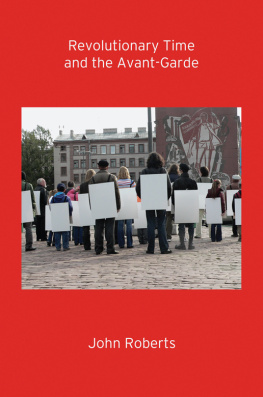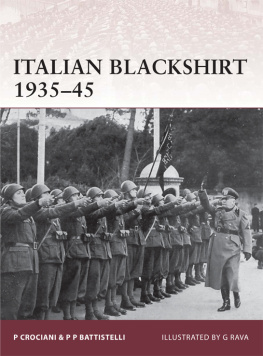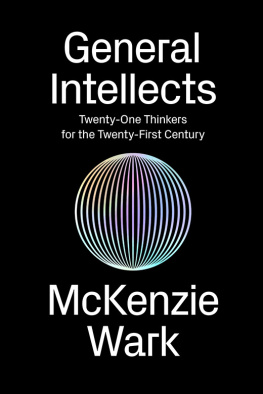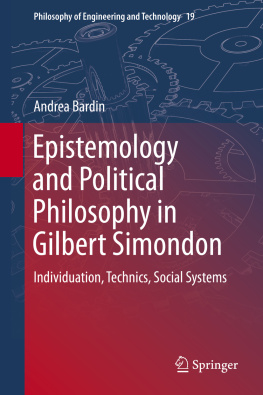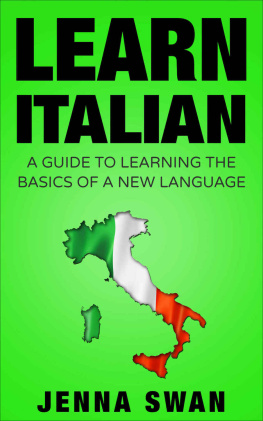Contents
Guide
Pagebreaks of the print version
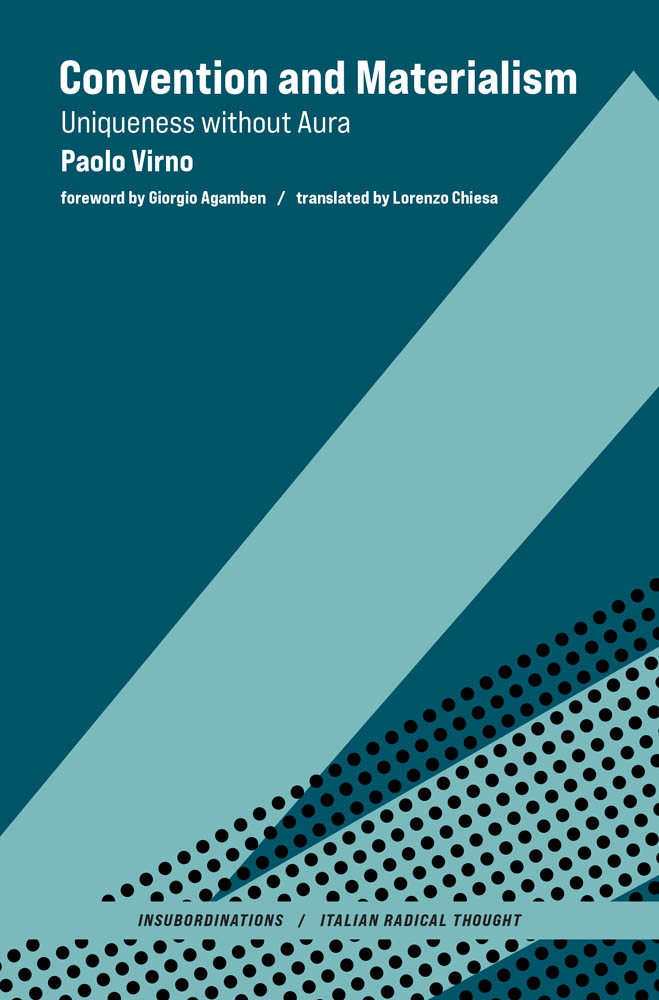
INSUBORDINATIONSITALIAN RADICAL THOUGHT
Lorenzo Chiesa, series editor
The Monopoly of Man, Anna Kuliscioff
Convention and Materialism: Uniqueness without Aura, Paolo Virno
Convention and Materialism
Uniqueness without Aura
Paolo Virno
translated by Lorenzo Chiesa
The MIT Press/Cambridge, Massachusetts/London, England
2021 Massachusetts Institute of Technology
All rights reserved. No part of this book may be reproduced in any form by any electronic or mechanical means (including photocopying, recording, or information storage and retrieval) without permission in writing from the publisher.
Library of Congress Cataloging-in-Publication Data
Names: Virno, Paolo, 1952author. | Chiesa, Lorenzo, translator.
Title: Convention and materialism : uniqueness without aura / Paolo Virno, foreword by Giorgio Agamben ; translated by Lorenzo Chiesa.
Other titles: Convenzione e materialismo. English
Description: Cambridge : The MIT Press, 2021. | Series: Insubordinations: Italian radical thought | Includes bibliographical references.
Identifiers: LCCN 2020033972 | ISBN 9780262045803 (hardcover)
Subjects: LCSH: Convention (Philosophy) | Materialism.
Classification: LCC B809.15 .V5713 2021 | DDC 195dc23
LC record available athttps://lccn.loc.gov/2020033972
d_r0
Contents
Series Foreword
Insubordinations are creative and innovative double negations. They occur when an existing negative condition, the state of being sub or under a given order and thereby having an inferior rank, is countered by negating this very subjection. In our current late capitalist predicament such a reversal acquires a more complex meaning. The ordering authority is in fact no longer simply in crisis and exposed to resistance but profoundly disordered in its own operative structure. Today, powers traditionally devoted to regulation perpetuate and reinforce their effectiveness by continuously deregulating themselves. Orders become more and more oppressive precisely as they unveil the inconsistency on which they rest. As Pier Paolo Pasolini presciently put it almost fifty years ago, by now, nothing is more anarchic than power. In this desolate scenario, actual insubordination cannot but arise as the tentative search for a new kind of order. Its long-term and admittedly ambitious mission is the establishment of a society without subordinates, called communism. Its first and more realistic task is a taxonomic critique of an Order that resolves itself into myriad conflicting, yet no less tyrannical, suborders.
The present series aims to dissect the contemporary variant of the double negation involved in insubordination through the privileged prism of Italian radical thought. Starting from the late 1970s, Italy emerged as a laboratory for test-piloting the administration of the state of exception we are now living on a planetary level, both geopolitically and in our everyday lives. A brutal repression put an abrupt end to an intense season of social and political emancipations. But the theoretical elaboration of that defeat, which should not be confused with a grieving process, has managed to promote Italian radical thought to the center of a series of international debates that endeavor to define a new function and field of revolutionary politics. The series moves from the assumption that while so-called Italian Theory remains a vague and awkward category and attempts at hegemonizing it run the risk of resurrecting the idea of a national philosophy, it is beyond doubt that a growing number of left-wing Italian authors have, for good reasons, become very popular worldwide.
Drawing on philosophy, political theory, psychoanalysis, architecture, art history, anthropology, sociology, economics, and other fields, this interdisciplinary series intends to both further investigate consolidated Italian theories of emancipation and introduce authors (both present and past) who still remain largely unknown among Anglophone readers. Insubordinations: Italian Radical Thought will also foster original critical readings that pinpoint the tensions inherent to the oeuvre of prominent progressive thinkers and develop novel dialogues with various strands of post-World War II militant thought (such as heterodox Marxism, biopolitical theory, feminism of difference, social psychoanalysis, anti-psychiatry, and theories of Fascism). The series will also translate works by seminal earlier Italian authors who may be regarded as forerunners or critics avant la lettre of current trends in Italian radical thought.
It is my hope that, by delving into the titles of this series, readers will be able to appreciate the disciplined indiscipline they all share.
Lorenzo Chiesa
Preface to theNew Edition
The present book, written between 1980 and 1985, tackles with an evident poverty of means a series of philosophical questions that are far from transitory: the anatomy of what we call experience; the relationship between abstract intellect and the senses; the genesis of the singular from the impersonal; the embedding of the ethical instance in the functioning of language. However, the period of time during which I devoted myself to these nontransitory themes counts for something. Indeed, that was when the defeat of the revolutionary movements in the West unleashed its harshest consequences on the zeitgeist, rapidly modifying forms of life and styles of thought. During that period the backs of the workers in the large factories were brokenthose same workers who had attempted to found, with the wisdom and ruthlessness typical of every authentic constituent assembly, a republic that banned wage labor. Between 1980 and 1985 around five thousand political militants made their way through Italian prisons; the Feltrinelli publishing house purged Antonio Negris works from its catalogue; the equally disenchanted and disgusting use of the term fianc(e) [fidanzato/a] to refer to the beloved became common practice; and there began the tumultuous metamorphosis of the production process pigeonholed for a long time under the lazy label of post-Fordism.
Without explicitly intending it, this book was also an attempt to rationally grasp this epochal shift, which I believe was far more radical than the subsequent and dishonorable collapse of really existing socialism. It is quite natural that in the moment of danger, when everything is on the line, one is driven to expand ones vision and consider some of the basic logical and ethical problems of human life. But it is equally natural that a renewed reflection on basic problems, which have always been relevant, helps us to achieve a better grasp of what is happening right now. This is not simply a methodological issue. Beginning in the 1980s, the capitalist production process has mobilized to its benefit certain invariant traits of the species: the faculty of language; flexibility connected with the lack of a rigidly defined environment; familiarity with the possible and the unexpected. Hence, in order to understand the current capitalist production process, it is truly useful, even indispensable, to dwell on the invariant traits of our species. But I realize that these considerations are retrospective.


